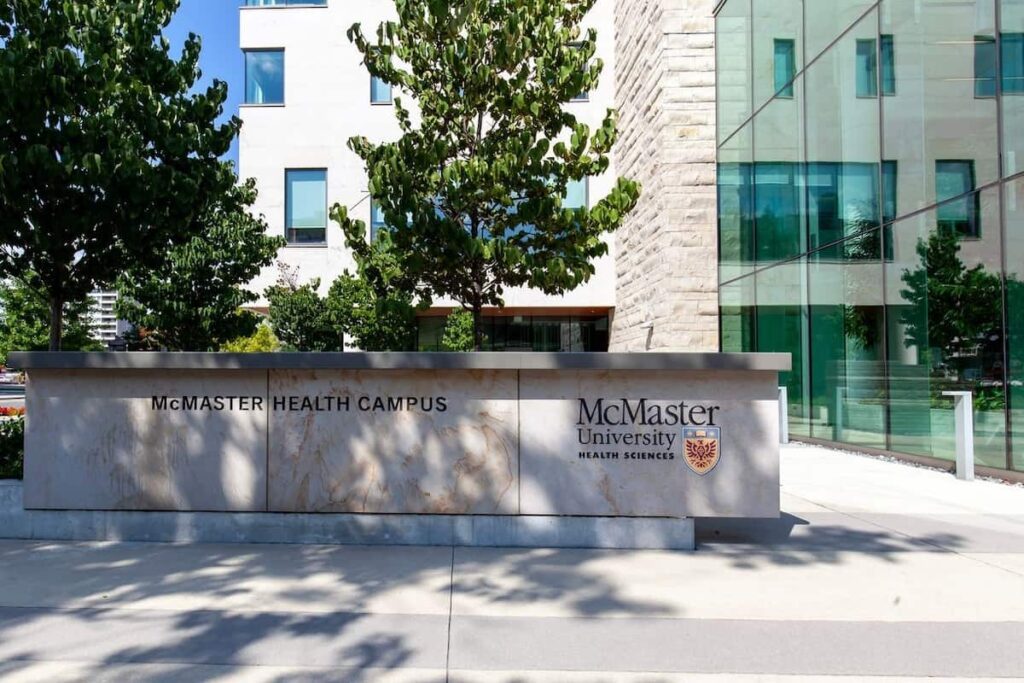A new program will make it easier for internationally-trained doctors to practice medicine in Canada.
The PEI-McMaster Collaborative Hospitalist Fellowship will provide international medicine graduates (IMGs) with a one-year training program in internal medicine, helping them to become licensed to practice in PEI after completion.
Physicians who complete the fellowship will be expected to practice in PEI for at least one year.
To be eligible, IMGs must have Canadian citizenship or permanent resident status, and meet additional requirements determined by the College of Physicians and Surgeons of PEI.
Preference will be given to those eligible to write the Royal College IM exam through the practice eligibility route (PER).
Discover if You Are Eligible for Canadian Immigration
About the program
The program is a joint effort of the government of PEI and McMaster, a university based in Hamilton, Ontario.
“By collaborating with McMaster University and the College of Physicians and Surgeons of Prince Edward Island, this initiative helps international physicians integrate into the Canadian health system while giving PEI a boost in our workforce,” said PEI’s Minister of Health and Wellness, Mark McLane, in a news release on the province’s website.
Health PEI, the province’s health authority, will select and fund fellowship candidates, with the goal of retaining primary health practitioners.
The majority of the program (12 out of 13 training blocks) will be completed at McMaster University. The remaining training block will be completed in PEI.
This initiative was partially modelled on the pathway of Dr. Ali Abdullah, an internationally-trained internal medicine specialist who completed McMaster’s hospitalist fellowship and began practicing in PEI in 2024.
Barriers to IMG licensing
IMGs often face significant barriers to becoming licensed to practice as physicians in Canada.
The typical route for a medical school graduate to become licensed in Canada is to complete a residency—a period of supervised medical practice for several years.
But in most provinces the majority of residency spots are reserved for local medical school graduates, with only a handful available to IMGs (around 10% in most provinces).
On account of residency spots being a bottleneck, the colleges and various levels of government have been working on establishing other routes for IMGs to become licensed.
Immigration as a source of medical professionals
This fellowship falls in with two growing trends in Canadian immigration: the targeted recruitment of healthcare workers, and the streamlining of the process for internationally-trained healthcare professionals to become licensed to practice in Canadian jurisdictions.
Below are some examples of Canada’s recent efforts to address the growing demand for healthcare professionals across the nation:

